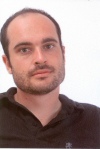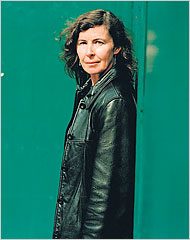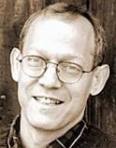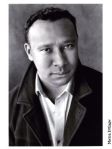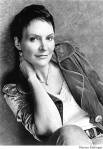The Los Angeles Review of Books profiles Four Way Books, co-founded and directed by faculty member Martha Rhodes:
One reason that Four Way is so deeply invested in their authors’ work — not just as a product to sell but as a process to nurture — is the fact that everyone involved in the core operations of the press is also a writer: its founding editor, its associate directors, even its current publicist. Rhodes, the author of four books of poems, most recently The Beds (Autumn House Press), understands intimately the struggles a poet experiences during that final stage of putting a manuscript together. She draws on her own experience to offer advice. For some authors, that means pushing them through revisions in order to see their poems in a new light; for others, it might mean rethinking the book’s organization. “It’s important,” she says, “to challenge the manuscript. Make it bigger, make it smaller. Start here, end here. Start there, end there. Sections, no sections. 80 pages? 45 pages. 60 pages, 79 pages. 52 pages. Start hot? End cold? Start hot? Stay hot…?”
While Four Way’s authors “have generally already gotten to this point by the time they submit their work,” Rhodes advises her students (and, in her own work, reminds herself) “to look for the most essential poems in the collection — the poems they feel the book cannot live without, and to start to build from there — usually twelve to fifteen pages.” Working out from that core group, she looks for poems that “make sense when put into proximity with the other poems.” …[Keep Reading]…


